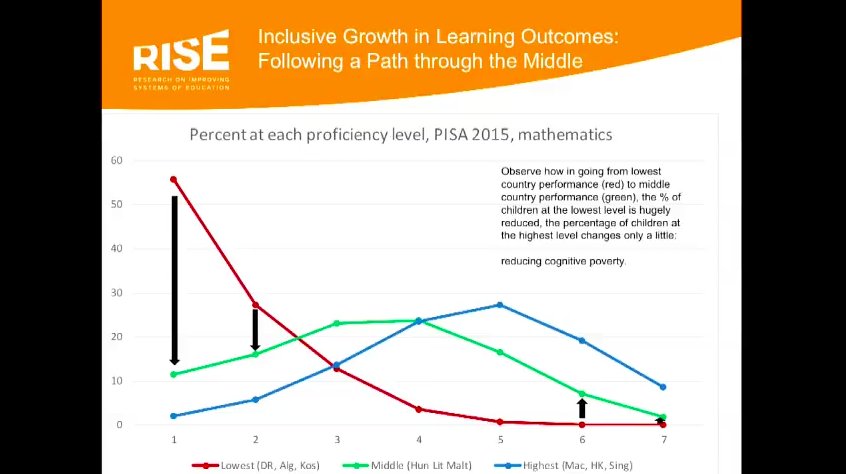I’m hiring a full-time research assistant based in London, for more details see the Ark website here.
---
Research and evidence are at the heart of EPG’s work. We have:
- Collaborated with JPAL on a large-scale field experiment on school accountability in Madhya Pradesh, India
- Commissioned a randomized evaluation by IPA of Liberia’s public-private partnership in primary schooling
- Led a five-year randomized trial of a school voucher programme in Delhi
- Helped the Ugandan National Examinations Bureau create new value-added measures of school performance
- Commissioned scoping studies of non-state education provision in Kenya and Uganda
Reporting to the Head of Research and Evaluation, the Research Assistant will contribute to EPG’s work through a mixture of background research, data analysis, writing, and organizational activities. S/he will support and participate in ongoing and future academic research projects and EPG project monitoring and evaluation activities.
The role is based in Ark’s London office with some international travel.
The successful candidate will perform a range of research, data analysis, and coordination duties, including, but not limited to, the following:
- Conduct literature and data searches for ongoing research projects.
- Organize data, provide descriptive statistics, and run other statistical analysis using Stata and preparing publication quality graphics
- Collaborate with EPG’s project team to draft blogs, policy briefs, and notes on research findings.
- Support EPG’s project team in the design and implementation of project monitoring and evaluation plan
- Provide technical support and testing on the development of value-added models of school quality
- Coordination and update of the EPG/GSF research repository
- Organise internal research and policy seminars
- Perform other duties as assigned.
The successful candidate will have the following qualifications and skills:
- Bachelor’s (or Master’s) degree in international development, economics, political science, public policy, or a related field.
- Superb written and verbal communication skills.
- Competence and experience conducting quantitative research. Experience with statistical software desired.
- Familiarity with current issues, actors and debates in global education
- Proven ability to be a team player and to successfully manage multiple and changing priorities in a fast-paced, dynamic environment, all while maintaining a good sense of humor.
- Outstanding organization and time management skills, with an attention to detail.
- Essential software skills: Microsoft Office (specifically Excel) and Stata
- Experience working in developing country contexts or international education policy -- a plus
- Experience designing or supporting the implementation of research evaluations and interpreting data -- a plus
- Fluency or advanced language capabilities in French -- a plus
